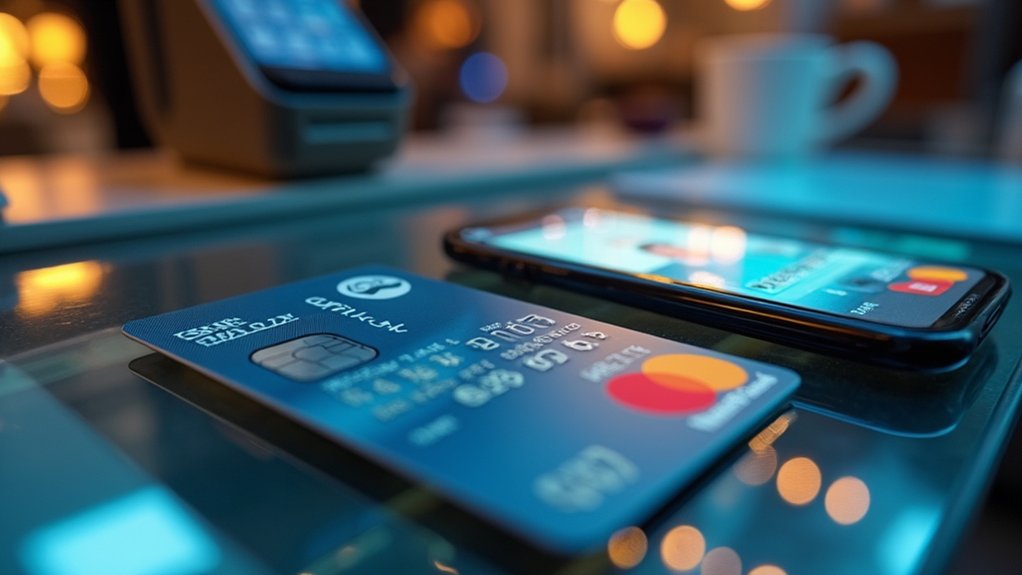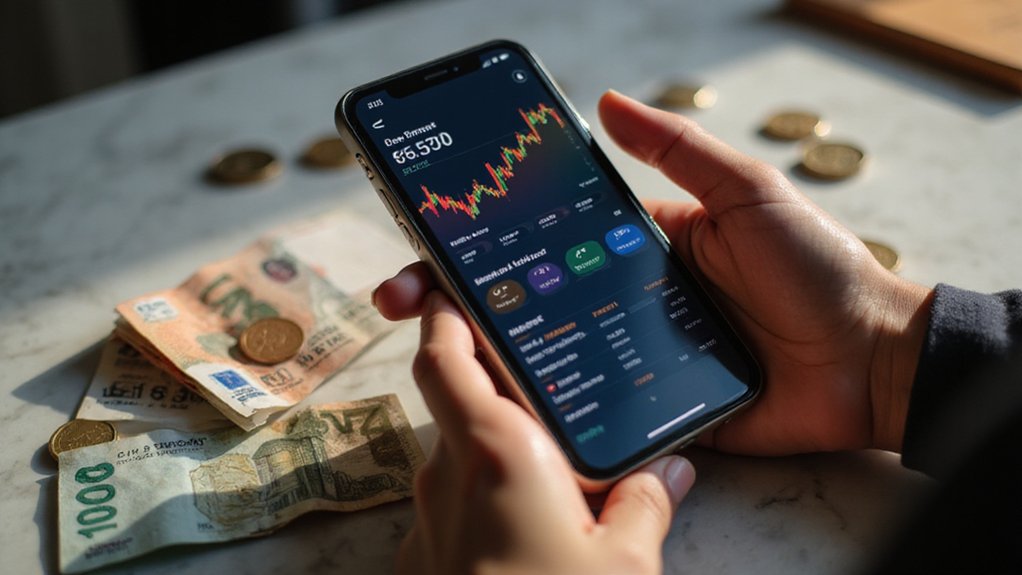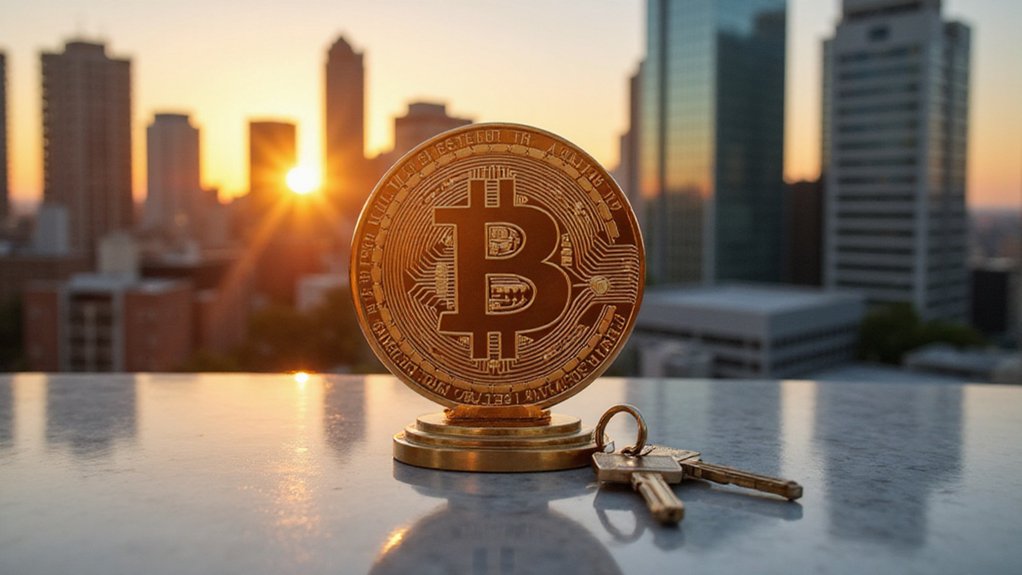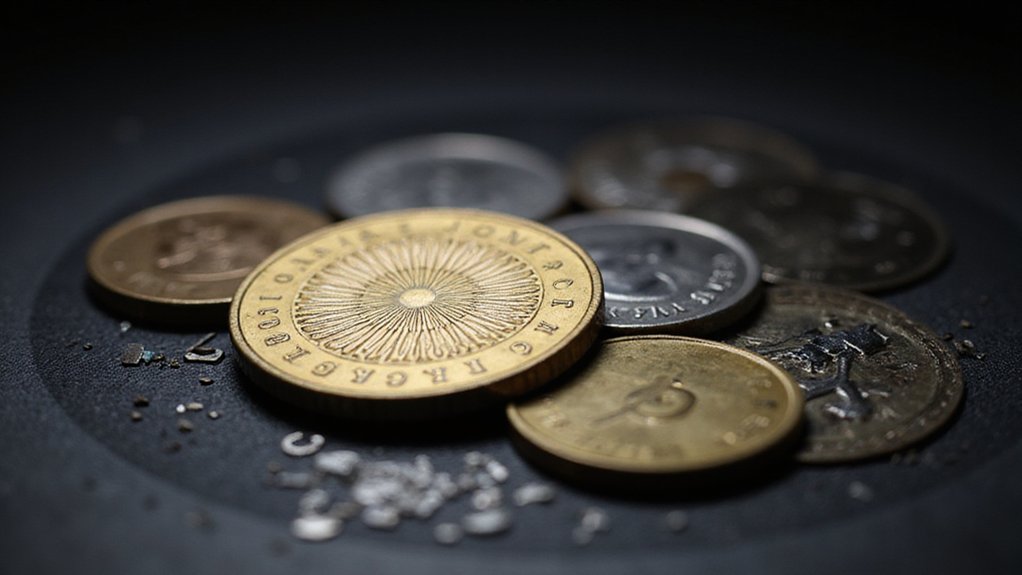Among the various corporate forays into digital currency—most of which have ranged from tentative to catastrophic—PayPal’s introduction of PYUSD represents a remarkably pragmatic approach to the stablecoin market, one that sidesteps the theatrical volatility that has made cryptocurrency merchants alternately euphoric and suicidal.
The genius lies in PYUSD’s pedestrian simplicity: a dollar-pegged token backed by actual USD deposits, US treasuries, and cash equivalents held by regulated financial institutions. While crypto enthusiasts might find this approach disappointingly mundane (where’s the revolutionary disruption?), merchants have discovered something far more valuable than moonshot potential—predictability. Each token maintains strict parity with the dollar, eliminating the charming possibility of a morning coffee purchase becoming either a bargain or bankruptcy depending on market whims.
Operating on Ethereum’s blockchain, PYUSD leverages smart contracts to integrate seamlessly with decentralized applications and DeFi platforms, yet remains accessible through PayPal and Venmo accounts. Smart contracts automate payment processes that would traditionally require human intervention, reducing processing time and potential errors. This dual nature—blockchain sophistication wrapped in familiar interfaces—addresses the perpetual cryptocurrency conundrum of being simultaneously cutting-edge and user-friendly. Merchants can now accept digital payments without requiring customers to navigate the labyrinthine world of private keys and wallet addresses. The stablecoin can be purchased through MoonPay using credit/debit cards, providing additional accessibility for users entering the digital currency space.
The transactional benefits prove equally compelling. Peer-to-peer transfers within PayPal’s ecosystem incur no fees, while cross-border payments bypass traditional banking’s enthusiasm for international transfer charges. For merchants, this translates to reduced chargeback risks (blockchain transaction finality being refreshingly permanent) and potentially lower processing fees compared to credit card networks, which have long operated under the questionable premise that convenience justifies perpetual rent-seeking.
Perhaps most notably, PYUSD allows merchants to capitalize on growing crypto payment demand without subjecting themselves to Bitcoin’s notorious mood swings. They receive stable USD value while attracting crypto-savvy consumers—a demographic that has proven surprisingly willing to spend digital assets when volatility concerns are removed. PayPal’s extensive infrastructure provides access to 400 million users, creating an immediate market opportunity that bypasses the typical adoption challenges facing new digital currencies.
PayPal’s approach may lack the revolutionary fervor that typically accompanies cryptocurrency announcements, but it delivers something possibly more valuable: a practical solution that transforms crypto payments from a merchant’s gamble into a merchant’s tool. Sometimes the most radical innovation is simply making things work.









